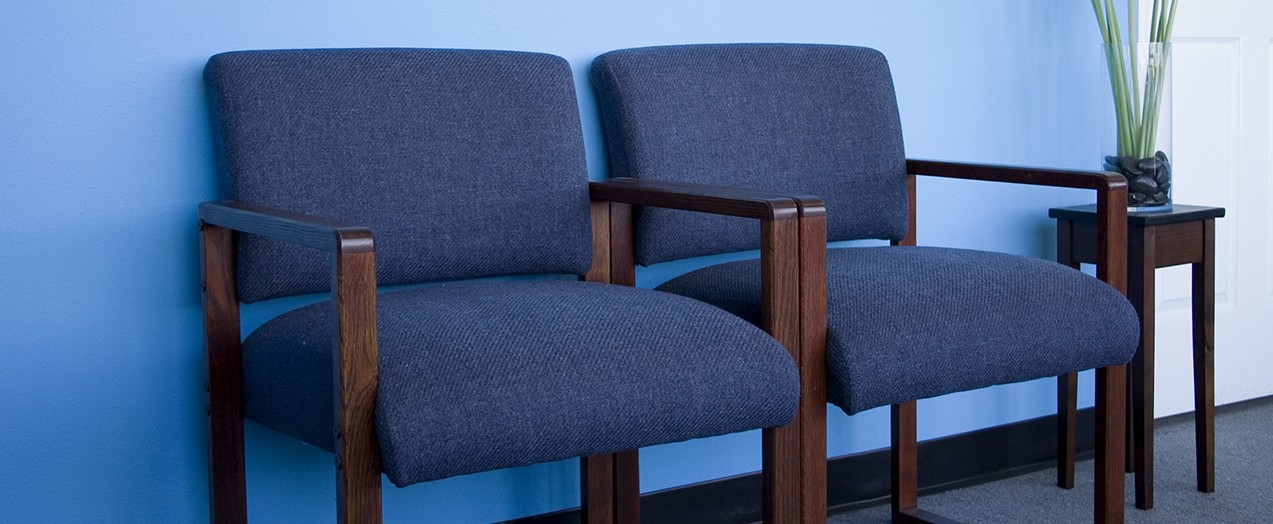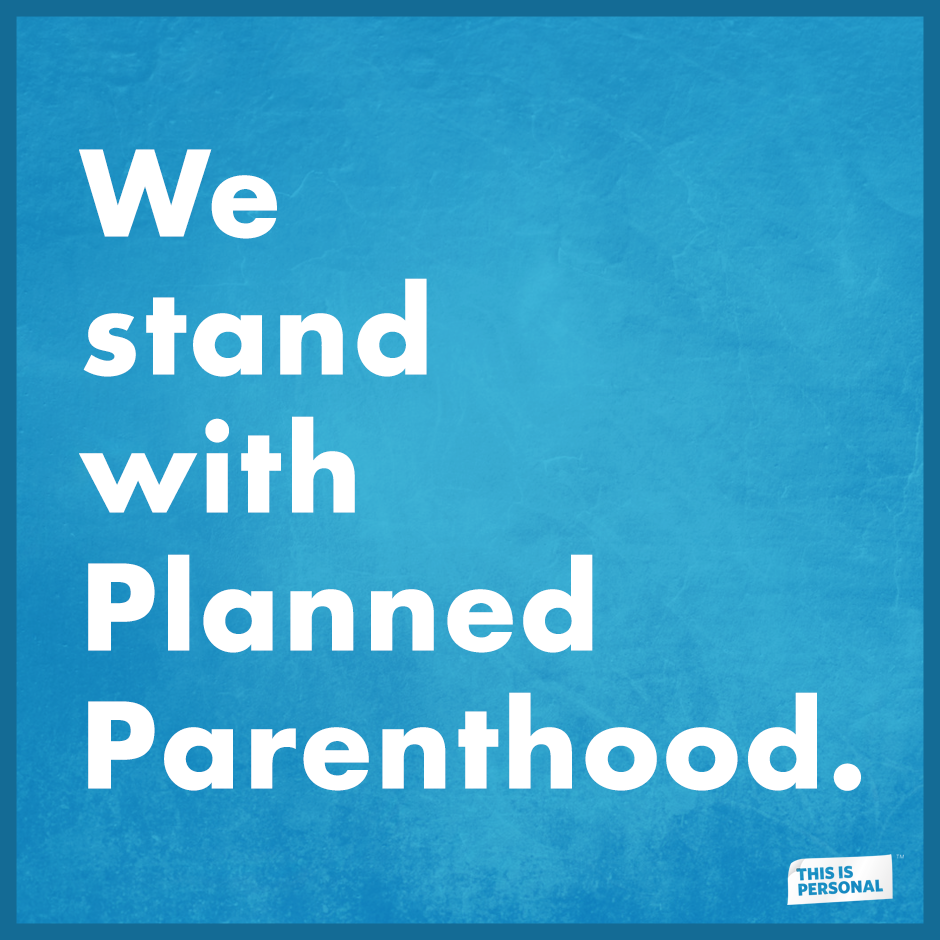The Coronavirus Crisis Is Exposing the Fragility of Abortion Access


Just a few weeks ago, we were rallying at the Supreme Court, urging the Justices to strike down an unconstitutional law that would obliterate access to abortion in Louisiana. We knew that anti-abortion activists are hell-bent on preventing pregnant people from exercising their reproductive rights. But we didn’t know that abortion opponents were about to politicize a global health crisis to end abortion access.
Here’s what you need to know about COVID-19 and abortion access:
1. This public health crisis exacerbates systemic barriers to abortion.
Since 2010, anti-abortion legislators have passed over 400 laws restricting abortion, creating a patchwork of availability that makes abortion extremely burdensome—if not impossible—to access, even when we’re not facing a global pandemic. The barriers heavily impact people who make lower incomes, people of color, young people, LGBTQ people, and people living in rural areas. The fall-out of the coronavirus—including travel and public transportation restrictions, limited childcare, and job insecurity and economic stress—exacerbates these barriers, putting abortion out of reach for many.
2. Abortion opponents are exploiting a public health crisis to push their ideological agenda.
While most of us are scrambling to figure out how to keep our jobs and care for our loved ones while staying healthy, abortion opponents are exploiting this crisis to shut down reproductive health clinics. Protesters are also using this public health crisis to harass and intimidate abortion providers and patients. But providers who know that their patients can’t wait for this pandemic to end to access safe abortion care are fighting back.
3. Abortion providers are struggling in this public health crisis.
The coronavirus crisis is straining abortion clinics. Even before the coronavirus crisis, clinic workers braved a complicated web of medically-unnecessary abortion restrictions and harassment and violence from abortion opponents on a regular basis. But now—like other health care workers—they’re on the frontlines of a pandemic. Many are facing unexpected challenges that make it hard to get to work—such as access to child care for their children, traveling from out of state, and caring for loved ones.
State abortion restrictions, like mandatory delays that require patients to make multiple trips to a clinic, or medically unnecessary ultrasound requirements, are also putting abortion providers, patients, and clinic staff at increased risk of exposure to COVID-19 by increasing contact at a time when we should be social distancing. If lawmakers want to protect patients and health care workers, they could change many of the medically unnecessary policies in place that only apply to abortion.
Clinics are doing everything they can to stay open and will continue to provide comprehensive reproductive health care for as long as possible. But the web of existing restrictions compounded by attacks on abortion care could have a lasting impact on access.
We Must Protect Abortion Access
As national medical groups like ACOG have recognized, abortion is essential, time-sensitive health care that cannot be delayed. Preventing someone who is pregnant and doesn’t want to be from accessing timely abortion services leaves them with few options. Besides the immediate cruelty of being put to this decision, both options profoundly impact a pregnant person’s life, health, and well-being. At a time when so much is uncertain, it’s critical that people maintain the ability to control their own bodies and futures.




